Strength
Strength is the ability of a material to withstand an applied force without breaking or deforming. In the field of science, strength is an important property that is studied in various disciplines such as physics, materials science, and engineering.
Types of Strength
There are different types of strength that are commonly studied:
- Tensile Strength: The ability of a material to resist breaking under tension.
- Compressive Strength: The ability of a material to resist breaking under compression.
- Shear Strength: The ability of a material to resist breaking under shear stress.
- Flexural Strength: The ability of a material to resist breaking under bending.
Factors Affecting Strength
Several factors can influence the strength of a material, including:
- Material Composition: Different materials have different inherent strengths based on their atomic and molecular structure.
- Temperature: Changes in temperature can affect the strength of a material, with some materials becoming weaker at higher temperatures.
- Processing and Treatment: The way a material is processed and treated can impact its strength. For example, heat treatment can enhance the strength of certain metals.
- Microstructure: The arrangement of atoms and grains within a material can affect its strength.
Applications of Strength
The study of strength is crucial in various fields, including:
- Engineering: Understanding the strength of materials is essential for designing structures, machinery, and other mechanical systems.
- Materials Science: Researchers study the strength of materials to develop new materials with improved properties for specific applications.
- Construction: Builders and architects rely on knowledge of material strength to ensure the safety and stability of structures.
Study Guide
To understand the concept of strength, students can follow these study tips:
- Review the different types of strength and examples of each type in everyday objects.
- Investigate how different materials exhibit varying strengths and explore the reasons behind these differences.
- Conduct experiments to test the strength of different materials under various conditions, such as temperature and loading rates.
- Research real-world applications of strength in engineering and construction to understand the practical importance of this property.
- Discuss the ethical considerations of using materials with different strengths in various applications, considering factors such as safety and environmental impact.
[Strength] Related Worksheets and Study Guides:
.◂Science Worksheets and Study Guides Sixth Grade. Rocks
Study Guide Rocks
Rocks  Activity Lesson
Activity Lesson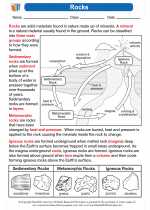 Rocks
Rocks  Worksheet/Answer key
Worksheet/Answer key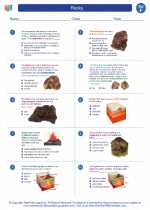 Rocks
Rocks  Worksheet/Answer key
Worksheet/Answer key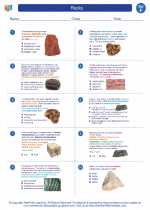 Rocks
Rocks  Worksheet/Answer key
Worksheet/Answer key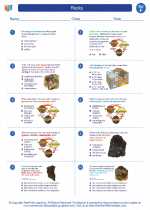 Rocks
Rocks  Worksheet/Answer key
Worksheet/Answer key Rocks
Rocks  Vocabulary/Answer key
Vocabulary/Answer key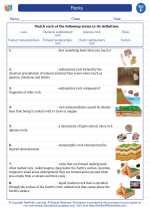 Rocks
Rocks  Vocabulary/Answer key
Vocabulary/Answer key Rocks
Rocks  Vocabulary/Answer key
Vocabulary/Answer key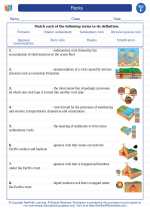 Rocks
Rocks 

 Activity Lesson
Activity Lesson
 Worksheet/Answer key
Worksheet/Answer key
 Worksheet/Answer key
Worksheet/Answer key
 Worksheet/Answer key
Worksheet/Answer key
 Worksheet/Answer key
Worksheet/Answer key
 Vocabulary/Answer key
Vocabulary/Answer key
 Vocabulary/Answer key
Vocabulary/Answer key
 Vocabulary/Answer key
Vocabulary/Answer key

The resources above cover the following skills:
EARTH AND SPACE SCIENCE
Earth’s Systems
Plan and carry out investigations that demonstrate the chemical and physical processes that form rocks and cycle Earth’s materials (e.g., processes of crystallization, heating and cooling, weathering, deformation, and sedimentation).